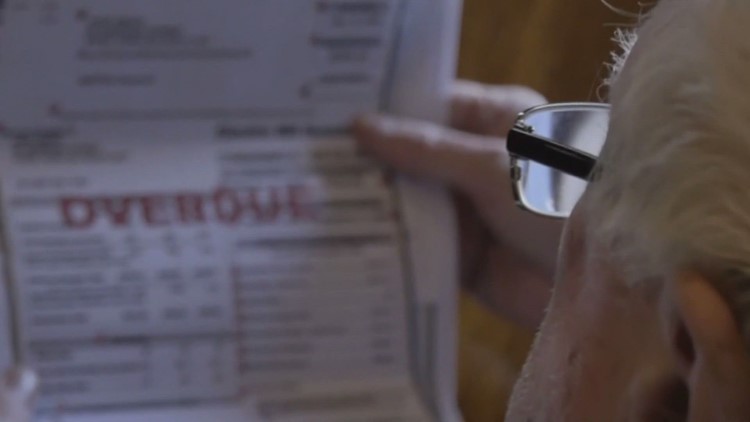
The latest ATO transparency report reveals a critical issue for Australia’s small business sector: unpaid tax debt. Despite some progress, small businesses still owe a staggering $17.7 billion — more than 39% of the $44.
5 billion tax gap. While some businesses are chipping away at their obligations, the sheer scale of the debt remains a major obstacle to their long-term stability. This isn’t a peripheral issue — it’s a serious problem that demands urgent, targeted solutions.

For businesses facing tax debt, the need for action has never been more pressing. Unresolved debt affects everything from cash flow to business stability, and even personal well-being. Yet too many businesses remain stuck, unsure how to break the cycle.
The reality is that viable solutions exist — but businesses need to understand their options and take proactive steps to resolve the issue. Avoiding the ATO isn’t the answer Many small businesses already operate on the edge . Cash flow challenges have only intensified post-COVID, and with ongoing economic uncertainty, when tax debt starts mounting, it can feel insurmountable—especially with escalating penalties and interest.
But avoiding the ATO is not a solution. In fact, it only exacerbates the problem. Overcoming tax debt requires businesses to take action — to restructure, negotiate manageable payment plans, and regain control of their financial future.
The growing tax gap Small businesses now face the theoretical liability of $139.9 billion in unpaid taxes , a stark increase from previous years. This growing tax gap isn’t just a concern for the ATO — it highlights the fundamental challenges small businesses face in meeting their tax obligations.
The gap speaks volumes: businesses are struggling, and it’s clear more needs to be done to address the root causes. The ATO’s report also underscores the continued impact of the shadow economy , where income is underreported and deductions are misclaimed. While tackling this issue is crucial, it highlights an even clearer truth: businesses need more targeted support to manage tax debt before it becomes an unmanageable crisis.
Knowledge is power in tackling tax debt One of the biggest barriers to resolving tax debt is a lack of understanding about available options. Many small business owners are unaware of structured pathways to resolve their debt, whether through payment plans, penalty reductions, or other ATO solutions. This ignorance traps businesses in a cycle of indecision, unsure of where to turn next.
This is where specialist expertise becomes critical. Navigating the complex landscape of tax debt requires in-depth knowledge and tailored strategies. There is no one-size-fits-all solution — businesses need guidance specific to their circumstances.
By working with experts in tax debt resolution, they can access the most effective strategies for recovery. Empowering businesses to take control The tax debt issue is complex, and solutions are not one-size-fits-all. But the path forward is clear: small businesses must adopt a proactive approach to resolving their tax debt.
With the right guidance, support, and strategic insight, businesses can take control of their financial future — by finding manageable solutions and getting back on track. For small businesses facing tax debt, seeking expert advice is essential. The longer they delay, the harder recovery becomes.
But with the right support, they can overcome this challenge and set themselves up for success in the future. Never miss a story: sign up to SmartCompany’s free daily newsletter and find our best stories on LinkedIn..














